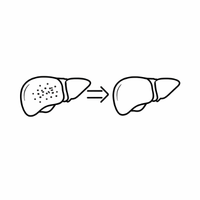
A liver transplant is a major surgery where a damaged or failing liver is replaced with a healthy one from a donor. Doctors recommend this treatment when the liver stops working properly and medicines are no longer effective. For many patients, a liver transplant is the only way to survive and regain health.
The liver is a vital organ that performs important functions like filtering toxins from the blood, helping with digestion, and fighting infections. When it fails, serious health problems occur. During a liver transplant procedure, surgeons remove the damaged liver and replace it with a healthy liver from a deceased donor (brain-dead donor) or sometimes a living donor who donates a part of their liver.
A common myth is that donors cannot live a normal life after donating part of their liver, while in fact, the liver regenerates, and donors usually recover fully. Another myth is that patients cannot live long after a transplant, but with proper care and medication, many enjoy healthy and active lives.
In the early stages of liver disease, medication and lifestyle changes may help. But in advanced liver failure, a liver transplant is often the only life-saving treatment.

People require liver transplant treatment when their liver is too damaged to function properly. This can occur due to long-term illness or sudden liver failure. A transplant removes the damaged liver and replaces it with a healthy one, helping the body return to normal function.
The common causes of liver failure that may require a transplant include:
Liver failure can develop gradually or suddenly. Often, the signs are overlooked until the liver is severely damaged. Early detection increases the chances of successful recovery with proper liver transplant treatment. Common symptoms to watch for include:
These symptoms can also be caused by other health conditions. However, if they persist for several days, it is important to consult a doctor. Blood tests and scans can confirm liver problems and guide the next steps.
Doctors may recommend liver transplant treatment in situations such as:
Early treatment gives the best results. If you or someone you know is experiencing these symptoms, myheco can connect with trusted specialists in leading hospitals in the world.
Some of the world’s most advanced hospitals provide specialised care for liver transplant patients. These centres offer comprehensive treatment options, including living donor and deceased donor liver transplants supported by highly skilled transplant surgeons.
Leading hospitals for liver transplant care include:
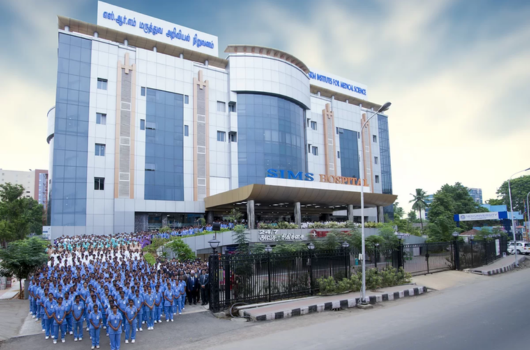

.png)

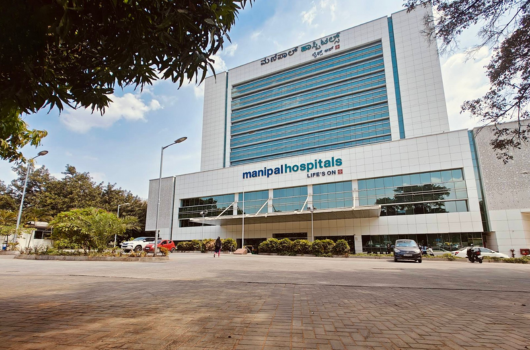
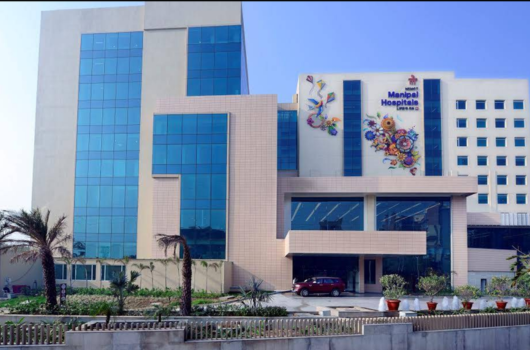

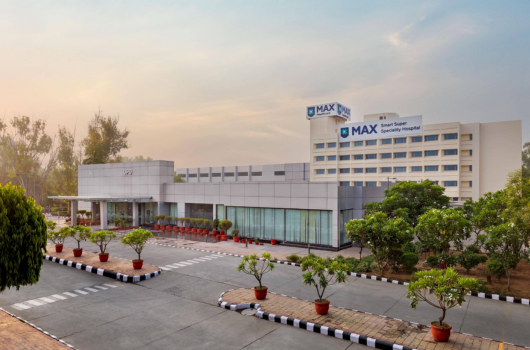
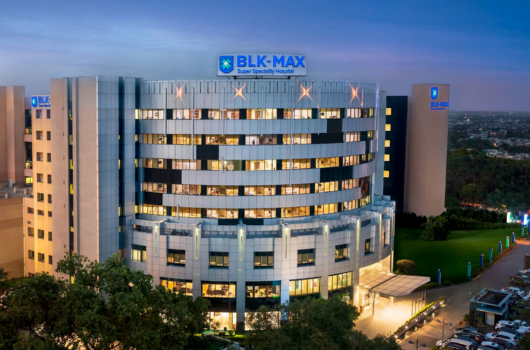
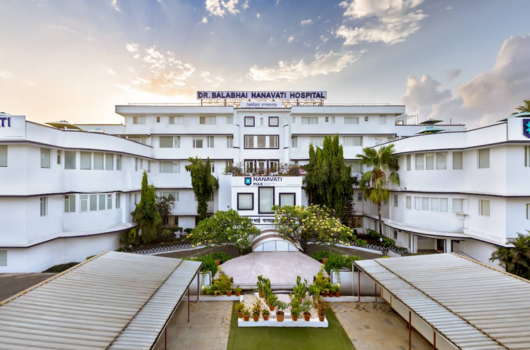

.png)

These hospitals follow international guidelines and are equipped to support patients from various countries, from diagnosis and treatment to follow-up care after returning home.
The average liver transplant cost ranges from $28,000 to $39,000 in India and from $59,000 to $87,000 in Thailand. The final expense can vary depending on factors such as the type of treatment, hospital location, and complexity of the procedure. Before reviewing the detailed table of treatment-wise costs, it is helpful to understand what influences these expenses most.
Note: India has emerged as a leading destination for liver transplant treatment, providing world-class care at significantly lower costs compared to many countries. Patients benefit from highly experienced transplant surgeons, advanced surgical facilities, and affordable access to quality post-transplant care, making treatment both effective and cost-efficient.
Note: Thailand has become a leading destination for liver transplant treatment, known for its world-class hospitals, cutting-edge surgical technology, and internationally trained transplant specialists. Patients choose Thailand for its exceptional success rates, comprehensive pre- and post-transplant care, and a holistic healing environment that combines medical excellence with outstanding comfort and service quality.
The above figures are approximate and can vary based on the hospital, location, and individual patient requirements. Always consult the healthcare provider for the most accurate and up-to-date pricing.
The currency conversion rates in the table above are based on data from February 2026.
For a detailed cost estimate and guidance on treatment options, patients can contact myheco to connect with leading hospitals.
Studies analysing over 160,000 patients show encouraging outcomes after liver transplantation. For patients under 70 years, survival rates remain high at 86.6% after 1 year, 73.2% after 3 years, and 70.1% after 5 years. Even in patients aged 70 years and above, outcomes are promising, with 78.7% surviving 1 year, 61.2% surviving 3 years, and nearly 49% living beyond 5 years after transplant. These figures highlight that liver transplantation offers meaningful long-term survival, even in older patients.
Success after a liver transplant does not only mean survival. It also includes:
Most patients can resume school or work within 3 to 6 months after recovery, depending on how their body responds.
Renowned hospitals focus on accurate diagnosis, personalised treatment plans, and multidisciplinary care for liver transplant patients. Their approach often includes:
This combination of advanced technology, highly skilled specialists, and patient-centred care has resulted in improved transplant success rates and better long-term outcomes for liver transplant patients.
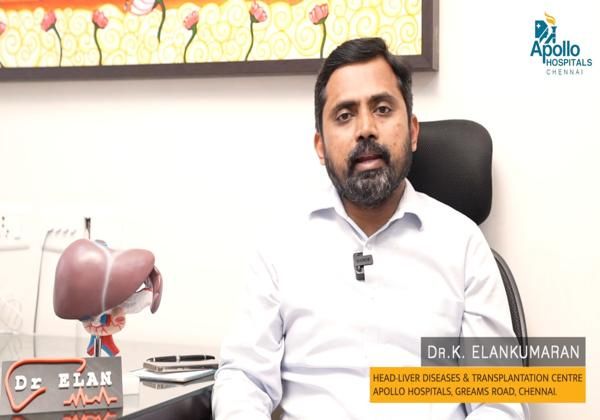
Dr. K. Elankumaran, Head of the Liver Diseases & Transplantation Centre at Apollo Hospitals, Greams Road, Chennai, states that liver transplantation is a well-established, life-saving procedure, with success rates exceeding 95% at advanced centres. It is advised for patients with irreversible liver failure, early-stage liver cancer, chronic alcohol-related damage, long-term Hepatitis B or C, and metabolic conditions like NAFLD associated with diabetes and hypertension. In children, genetic or developmental liver disorders can also be treated effectively through transplantation. Dr. Elankumaran emphasises that, when performed at the right time and in the right setting, liver transplantation provides a new lease on life and the potential for full recovery.
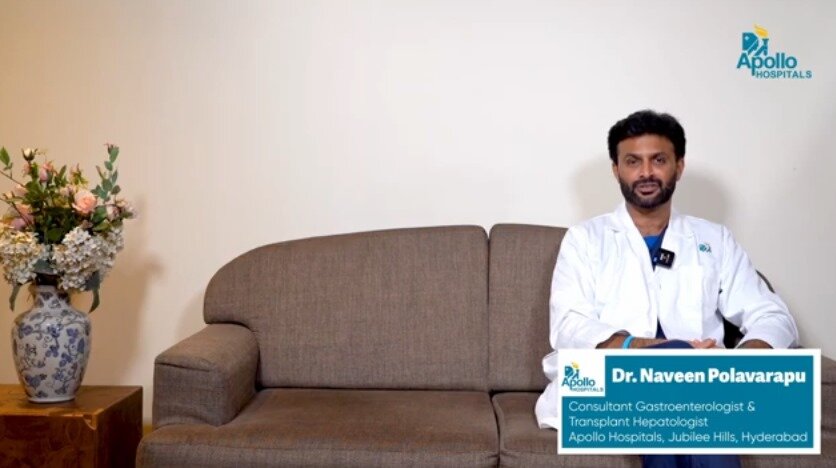
Dr. Naveen Polavarapu, Consultant and Transplant Hepatologist at Apollo Hospitals, Hyderabad, explains that jaundice, yellowing of the eyes, skin, and urine, is often the first sign of liver problems. It can result from liver damage, bile duct blockages, or the breakdown of blood cells. Major causes of liver disease include alcohol, hepatitis B or C, and fatty liver. Advanced symptoms may include swelling, fatigue, and bleeding. Prevention focuses on a healthy diet, regular exercise, vaccination, and routine check-ups. Hepatitis C is treatable, and liver transplants can save lives. Dr. Polavarapu emphasises that early diagnosis is crucial and warns against ignoring the liver’s silent signals.
Myheco ensures end-to-end assistance for patients seeking liver transplant care worldwide. From connecting with trusted transplant experts to managing visas, travel, and transparent cost details, Myheco simplifies every stage of the treatment journey with reliability and care.
Choosing myheco means expert care, faster access, and comprehensive support throughout your treatment journey.
Note: Myheco does not provide medical advice.

Julius Karema Emuru, a native of Kenya, was initially diagnosed with liver cirrhosis and suspected liver cancer. His family researched hospitals online and chose Manipal Hospitals in Bangalore for treatment. Upon thorough evaluation and tests, the doctors discovered that he had end-stage cirrhosis but no liver cancer.
With his health rapidly deteriorating, the team recommended a liver transplant using a living donor. Julius’s 21-year-old son generously donated a portion of his liver, and the ten-hour transplant procedure was a complete success. His family expressed immense gratitude to the doctors and staff at Manipal Hospitals for saving his life and restoring his health.
Mr. Kabir, a 48-year-old from Bangladesh, was diagnosed with hepatocellular carcinoma (liver cancer) and was treated at Apollo Hospitals Chennai. A liver transplant was performed after careful evaluation, and Mr. Kabir’s post-surgery recovery was smooth. He remains cancer-free and credits Apollo’s expert team for saving his life.
✅ Share your medical reports
✅ Receive personalised treatment plans from leading hospitals
✅ Choose the option that suits you best
✅ Let us handle the arrangements


Common signs include severe liver failure, jaundice (yellowing of skin or eyes), fluid accumulation in the abdomen, persistent fatigue, unexplained weight loss, or complications from chronic liver disease. A transplant may be needed when medication or other treatments no longer help. Experiencing these signs does not necessarily mean you need a liver transplant. Always consult a hepatologist or transplant specialist for an accurate diagnosis and personalised medical advice.
Myheco reviews your medical reports and connects you with leading hospitals and liver transplant specialists experienced in both living and deceased donor transplants, advanced surgery, and post-transplant care.
We arrange online consultations, second opinions, medical visa paperwork, flight bookings, cost estimates, airport pickup, and complete patient care coordination from evaluation to post-transplant follow-up.
Yes. Most hospitals allow one or two family members to accompany you. They can apply for a medical attendant visa.
No. Many liver conditions can be managed with medication, lifestyle changes, or other procedures. A transplant is only required when the liver is severely damaged or failing. Not all liver diseases require a transplant; treatment depends on the specific condition and its severity. Always consult a qualified hepatologist for proper evaluation and advice.
If a transplant is recommended, follow your doctor’s treatment plan, which may include pre-transplant evaluation, surgery, and post-operative care. Regular follow-ups, a healthy lifestyle, and emotional support are essential for recovery and long-term success. Each transplant case is unique, and care plans may differ based on medical findings and hospital protocols. Always follow your doctor’s instructions and seek guidance from your transplant team for individualised care.
India has many leading hospitals that specialise in liver transplant care. In Chennai, leading centres include SIMS Hospital, MGM Healthcare, Apollo Cancer Institute, and the Apollo Proton Cancer Centre, which provide advanced living donor care. Bangalore has Manipal Hospital Main Hospital Oncology, offering advanced liver transplant facilities with experienced transplant surgeons. In Delhi, leading hospitals are Manipal Hospital Dwarka, Max Hospital Saket, and BLK-Max Hospital, which provide high-success-rate transplant programmes. Mumbai has Nanavati Max Hospital, known for specialised transplant care. In Kolkata, Manipal Hospitals EM Bypass (Medica Synergie Cancer Hospital) is recognised for successful liver transplants.
Samitivej Sukhumvit Hospital and Samitivej Srinakarin Hospital are highly recommended for liver transplants. They offer advanced transplant programmes with expertise in living donor and cadaveric liver transplants, state-of-the-art surgical facilities, and comprehensive post-transplant care to ensure the best outcomes for every patient.

